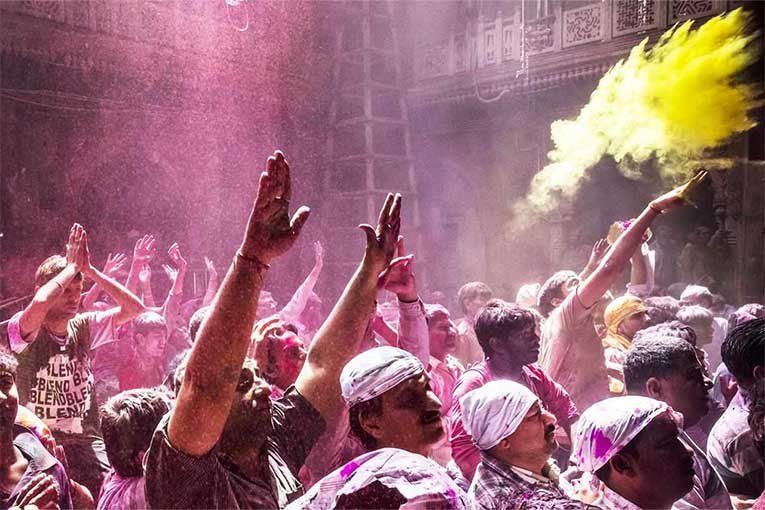Holi, also known as the Festival of Colors, is one of the most vibrant and joyous festivals celebrated in India. This ancient Hindu festival signifies the victory of good over evil, the arrival of spring, and the end of winter. Beyond its religious significance, Holi holds immense social and cultural importance in Indian society, bringing people together in a spirit of joy, unity, and inclusivity.
Promoting Inclusivity
One of the key aspects of Holi is the breaking down of social barriers. During this festival, people of all ages, classes, and backgrounds come together to celebrate, regardless of their differences. The throwing of colored powders and water symbolizes the idea that everyone is equal in the eyes of the divine, promoting unity and inclusivity. Holi transcends caste, creed, and gender, fostering a sense of togetherness and camaraderie among individuals from diverse walks of life.
Strengthening Community Bonds
Holi plays a significant role in strengthening community bonds and fostering relationships. People gather in public spaces, temples, and homes to participate in the festivities, sharing laughter, music, and dance. The act of smearing colors on each other’s faces symbolizes forgiveness, letting go of past grievances, and renewing relationships. Through these shared experiences, Holi brings communities closer together, creating a sense of belonging and unity among neighbors, friends, and family members.
Celebrating India’s Rich Heritage
Holi is deeply rooted in Indian culture and tradition, reflecting the country’s rich heritage through music, dance, and rituals. Traditional Holi songs, known as “Holi ke Geet,” are sung during the celebrations, adding a musical element to the festivities. Dance performances, such as the energetic Garba and Dandiya Raas, are also a common sight during Holi, showcasing India’s diverse cultural tapestry. The ritual of Holika Dahan, where bonfires are lit to symbolize the victory of good over evil, is a reminder of the ancient legends and myths associated with the festival.
Preserving Cultural Identity
Holi serves as a platform for preserving and passing down cultural traditions from one generation to the next. Through rituals, customs, and practices associated with the festival, younger members of the community learn about their cultural roots and heritage. By actively participating in Holi celebrations, individuals engage in a form of cultural expression that connects them to their past and shapes their sense of identity in the present.
Promoting Unity in Diversity
Holi exemplifies the spirit of unity in diversity, showcasing the beauty of India’s multicultural society. People from different regions, religions, and backgrounds come together to celebrate Holi, transcending linguistic and regional divides. The festival acts as a unifying force, fostering a sense of national pride and solidarity among Indians, regardless of their individual differences.
Holi holds immense social and cultural significance in India, promoting inclusivity, strengthening community bonds, and celebrating the country’s rich heritage. Through its colorful festivities, music, dance, and shared traditions, Holi brings people together in a spirit of joy, unity, and harmony. As a festival that transcends boundaries and embraces diversity, Holi serves as a powerful symbol of India’s cultural ethos and collective identity.







